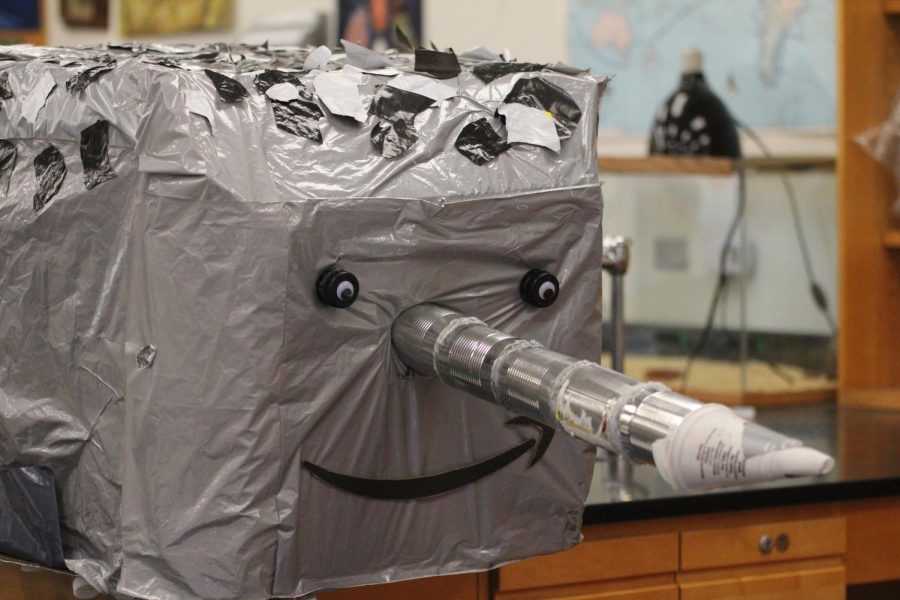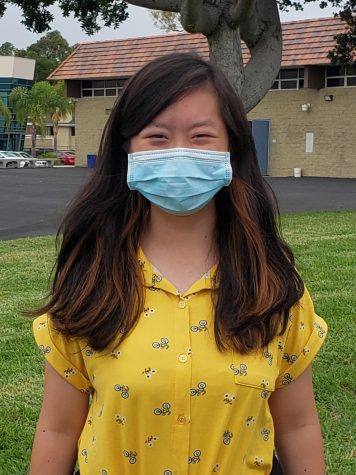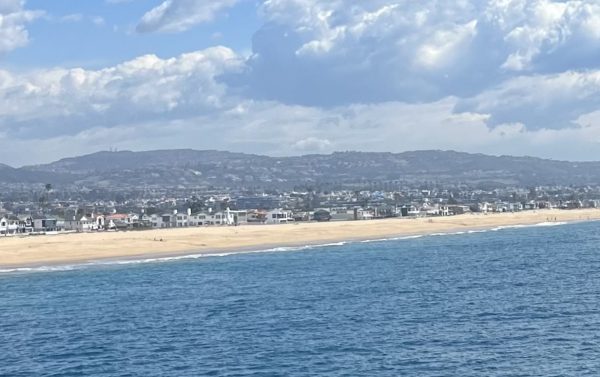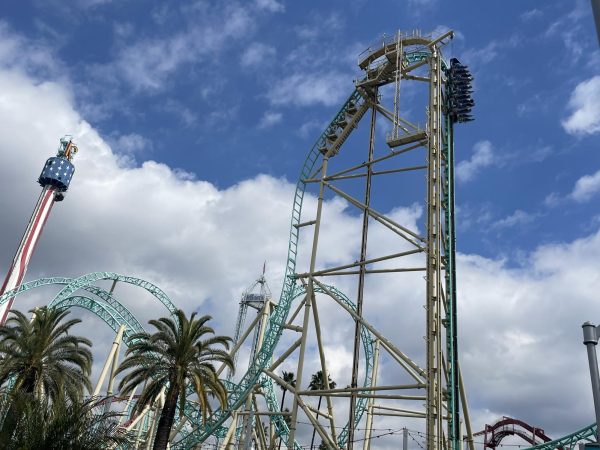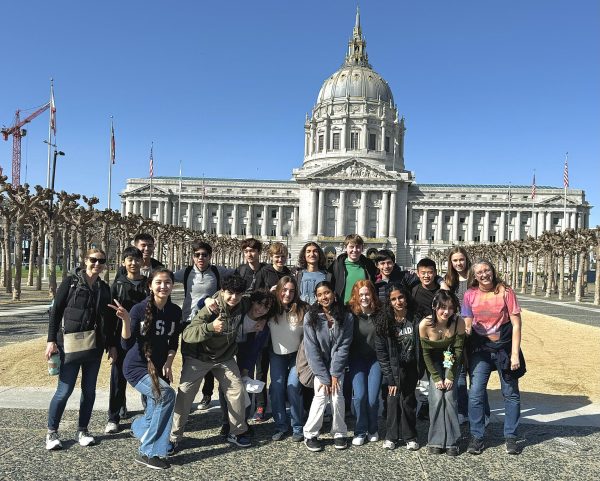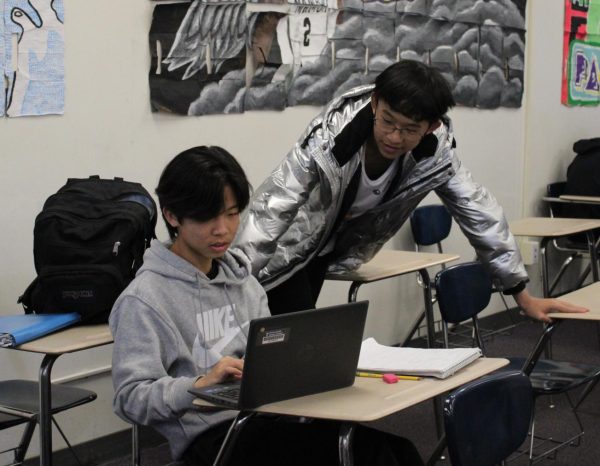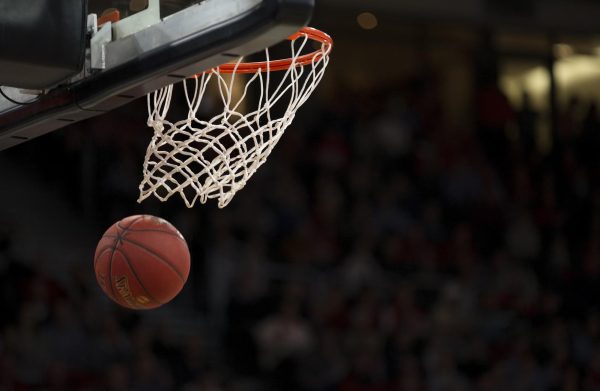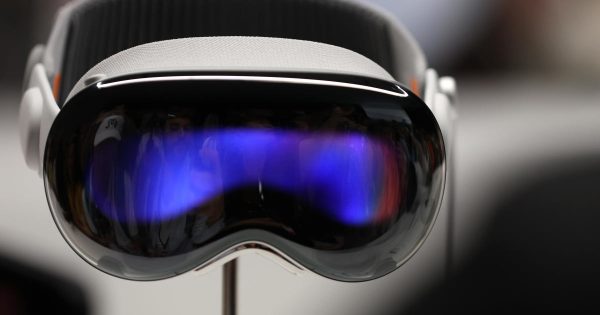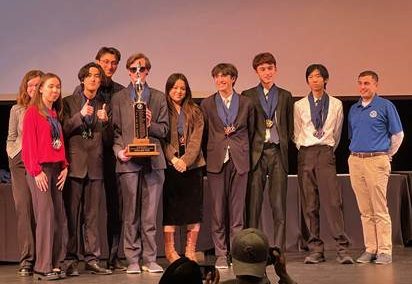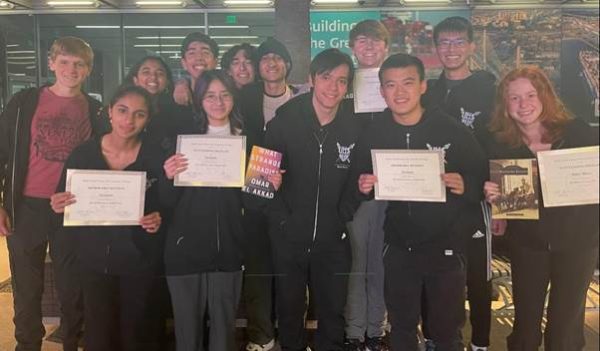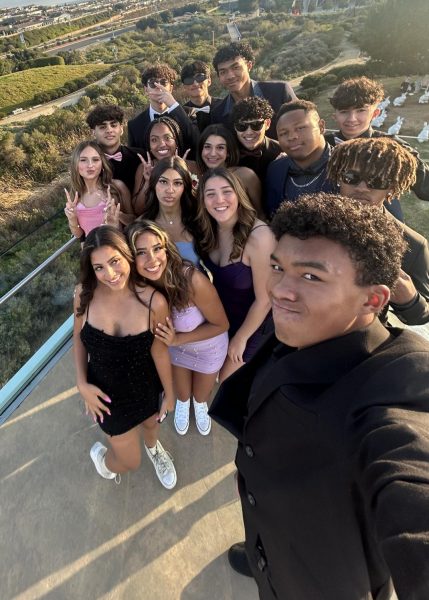Marine Science Raises Awareness Through Trash Sculptures
January 28, 2022
The Marine Science classes at UHS are partaking in a trash sculpture project to draw attention to the problem of plastics and other garbage in our oceans. In the two-week period after winter break between the first and second semester, the classes created an animal of their choice, such as an octopus, manta ray, or any other sea animal. The students collected trash such as plastic bottles, cans and cardboard over winter break to help in their construction efforts.
The trash sculpture project is an effective way for Marine Science students to promote mindfulness of the crucial issue regarding plastics in the oceans. Some students have even found this project to be helpful in drawing focus to these issues in a COVID-19 context.
“I think it’s something fun that we have an opportunity to participate in to spread awareness on the ongoing issue of plastics in the ocean,” junior Samuel Huang said. “It’s a way to bring attention to the increase in plastic usage, especially because of the pandemic with the usage of masks, gloves and other disposable medical supplies, which are used to combat the virus.”
Some students appreciated the combination of simply getting a break to work on a hands-on, enjoyable activity while also simultaneously recognizing global problems through these representations of recycling.
“It’s a really fun project and I think it is a really great way to raise awareness about the effect of plastic on marine wildlife,” junior Angelina Marcos said. “It is also a nice way to reuse plastic to create a cool-looking sculpture of a marine animal.”
Participating students had only good words for the project as well, praising the meaning behind it.
“I really like the purpose of the project, as I feel that we as a society do not discuss the topic of how plastics are becoming a dominant factor in our oceans,” senior Jasmine Nourisamie said.
Overall, students’ experiences with the trash sculpture project remained positive as they worked towards promoting a more educated and informed version of UHS regarding oceans and the accumulation of plastic.
“My experience has been going really well,” junior Elleizah Martinez said. “By using trash and plastic in the project, I believe this allows us to take notice of just all the trash that we use daily that lingers around us and to make it into something valuable where it isn’t wasted or harming the environment.”


